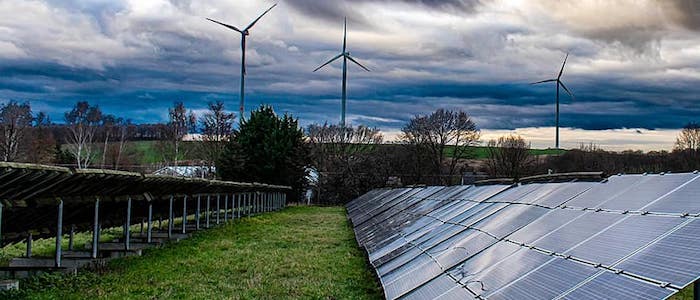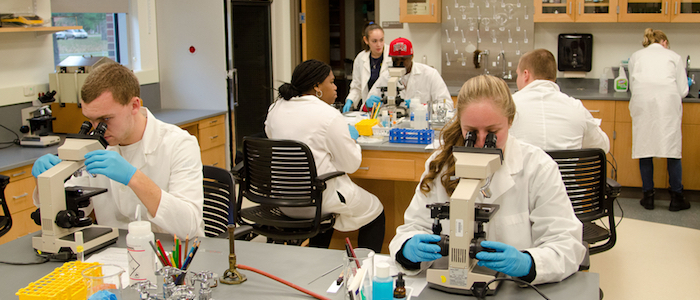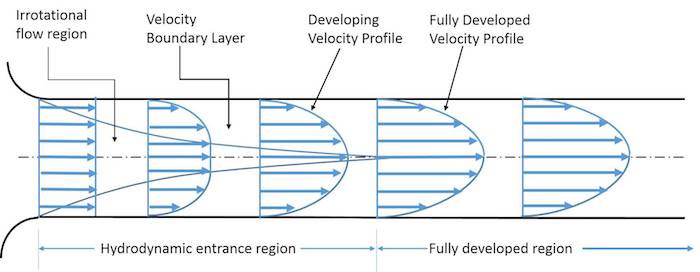Teaching - Rebecca G. Ong
Teaching Philosophy in Brief
The following beliefs about teaching and learning guide development of all my courses:
- Clarity - course organization and delivery can and should be designed to reduce confusion
- Repetition - repeating key content and practicing skills improves retention
- Engagement - engaging student interest facilitates long-term learning
- Empowerment - actively involving students in the classroom and giving students choices and participation in decision making processes improves retention and engagement
- Professional Skills - professional skills are as important as core technical skills. I usually integrate at least 2-3 from the following list into each of my courses.
- Creativity
- Communication (written, oral, and interpersonal)
- Collaboration
- Community and Global Awareness
- Ethics
- Data Science/Statistics
- Context - professional skills are best learned and retained, and are most likely to eventually be applied, when taught in a disciplinary context
List of Courses
Alternative Energy Processes and Technologies
CM3979/ENT3979 (1 Cr) - Fall Semester
This course covers a wide range of alternative energy technologies with an emphasis on chemical and biochemical processing. Technologies covered may include solar, wind, geothermal, hydroelectric, wave/tidal, biofuels, fuel cells, and more.
Learning Objectives:This course is intended to provide a broad overview of alternative energy technologies particularly relevant to chemical engineering. Following this course, you will be able to:
- Evaluate and compare conventional and alternative energy technologies.
- Identify the data and approach needed to answer relevant energy questions.
- Present and interpret results from energy analyses accurately and effectively.
- Construct a resource to creatively and effectively communicate to the public the details, strengths, and weaknesses of an alternative energy technology.
Bioprocess Engineering Laboratory
CM4125 (1 Cr) - Spring Semester
An integrated biological process laboratory experience, including fermentation with downstream bioseparation, for the production of a purified product of potential commercial interest. Features process measurement-analysis-improvement, metabolic pathway analysis, quality assurance, and safety.
Learning Objectives:This course is intended to provide a practical experience using biological approaches to take a product from concept to scale. Following this course, you should be able to:
- Employ proper experimental procedures (e.g. pipetting, asceptic techniques, microscopy, microbial cell culture, PCR, gel electrophoresis, fermentation, etc.) and safe work practices in biological experiments.
- Follow a defined experimental procedure from start to finish.
- Maintain accurate and detailed laboratory records on procedures and results.
- Design and carry out an experiment to determine the effect of process variables on product formation.
- Analyze, draw conclusions about, and communicate experimental results.
Advanced Transport Phenomena
CM5300 (3 Cr) - Spring Semester
This course covers single- and multi-component mass, energy, and momentum transport, derivation and use of the general transport equations for Newtonian and non-Newtonian flows, convective flows, and mass transport in flowing systems, with applications to complex systems.
Learning Objectives:This graduate level course is intended to expand on topics covered by undergraduate courses on transport phenomena, covering momentum, energy, and mass transfer. Following this course you should be able to:
- Utilize vector-tensor mathematics to solve transport problems
- Derive equations of change and apply to transport systems.
- Solve problems related to complex systems including non-steady state, non-isothermal, turbulent, non-newtonian, and/or multicomponent systems.
- Apply transport concepts to solve real-world computational fluid dynamics problems and communicate results


